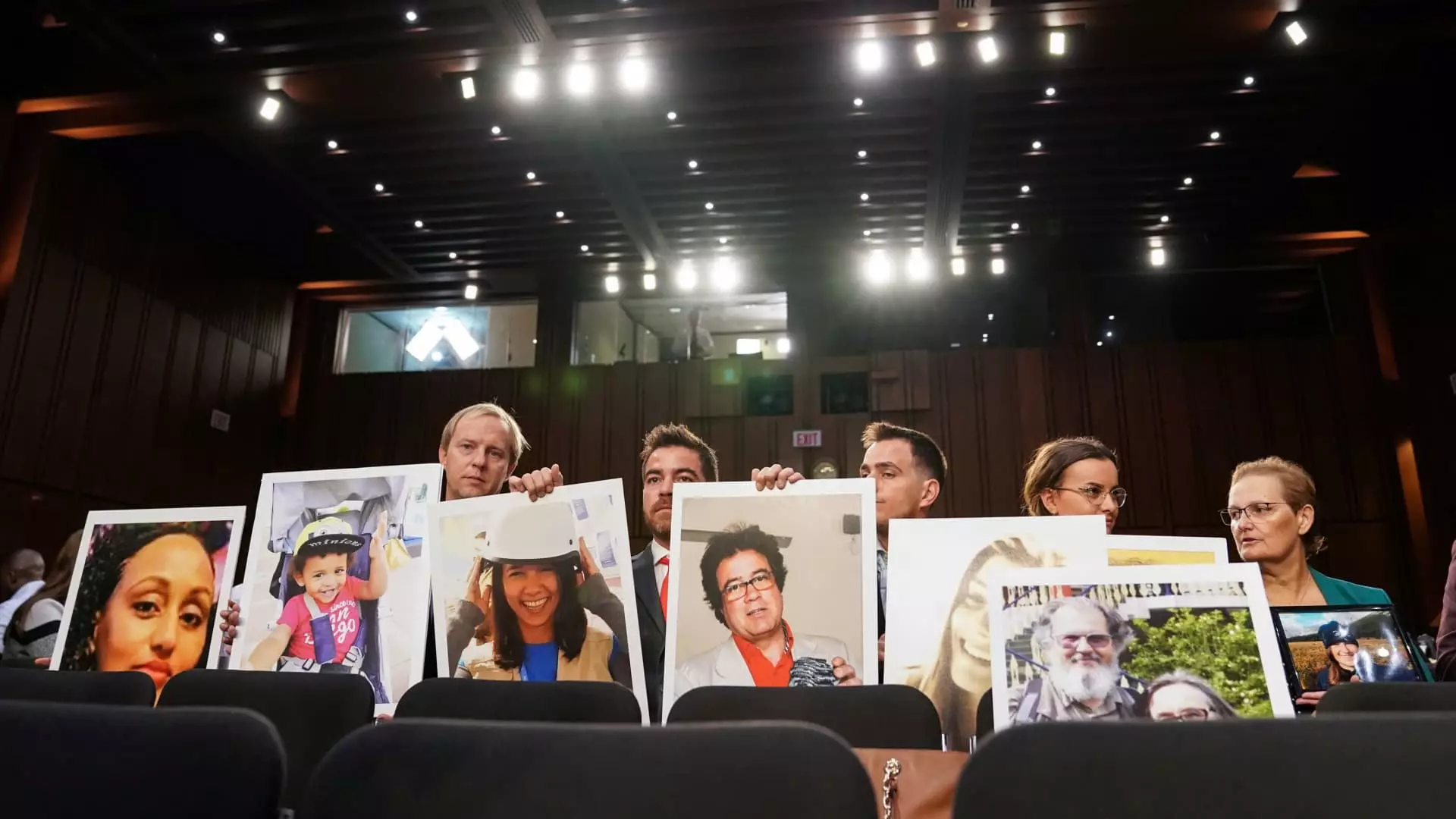346 Lives Lost: Why Boeing’s New Non-Prosecution Deal is an Injustice

In an astonishing turn of events, the U.S. Justice Department has reached a deal that will allow Boeing, one of the world’s major aerospace giants, to escape prosecution for two catastrophic crashes of its 737 Max aircraft, resulting in the loss of 346 innocent lives. While the Justice Department insists this non-prosecution agreement serves the public’s interest, the very notion raises troubling questions about the legitimacy of corporate privilege in America. It’s outrageous that in a nation that prides itself on the rule of law, the deadliest corporate crime in history can be excused with a hefty financial settlement, rather than accountability of the individuals responsible.
The agreement reportedly includes investments exceeding $1.1 billion, divided among various initiatives, such as a new fund for crash victims and compliance programs. While arrangements that compensate victims are essential, the logic behind shelling out money to resolve such deliberately negligent corporate behavior feels disingenuous. It appears to be a clever maneuver to avoid deeper accountability for the executives and engineers who contributed to the flawed design of the Max aircraft, as if life can be quantified with a dollar sign.
Public Sentiment and Victim Advocacy
In the wake of this decision, the voices of the victims’ families have resonated with deep pain and skepticism. Many families, feeling betrayed by a system seemingly in league with corporate interests, argue that justice remains unserved. Suffering is compounded when representatives of the DOJ, in their conversations with victims’ families, emphasize that the agreement is fair and just—assertions met with resistance by those mourning their loved ones.
Paul Cassell, a lawyer representing some of the victims’ families, underscores the unsettling nature of this deal. The families’ disappointment is palpable as they accuse the agreement of establishing a dangerous precedent for large corporations everywhere. The question arises: if Boeing, a centerpiece in American manufacturing and defense, can negotiate its way out of accountability, what does this say about the standards we uphold for corporate ethics in the U.S.?
As a society, we must recognize that corporate malfeasance should not be excused or negotiated away. Financial settlements, no matter how significant, do not rectify the moral obligation that Boeing has towards the families of the deceased nor do they restore the sanctity of lives lost. Instead, they reinforce a narrative where power and influence can manipulate justice.
The Culture of Corporate Shielding
The Boeing case reveals a systemic issue within corporate America: the belief that companies can shield themselves from legal consequence through financial alleviation. This non-prosecution agreement is not isolated; it reflects a broader trend where influential corporations skirt the accountability of real justice while maintaining their operational freedom. This further vilifies the principle that corporations should adhere to the same legal standards as any ordinary citizen.
Moreover, the DOJ’s past dealings with Boeing seem indicative of a pattern rather than an anomaly. There was a previous settlement in 2021 that allowed Boeing to avoid prosecution with a fine that ultimately felt more like a cost of doing business rather than a genuine consequence for wrongdoing. It raises questions about the integrity of oversight mechanisms in place when high-stakes companies engage in actions that lead to loss of life. The assertion that Boeing can simply pay its way out of a grave public betrayal is unravelling the fabric of fairness and justice.
The Danger of Precedents
In seeking a resolution that permits Boeing to sidestep criminal charges, the DOJ establishes a precedent that threatens to embolden other corporations considering similarly dangerous shortcuts in safety and ethics. Will companies now be inclined to prioritize profits over public safety, confident that a financial payout will simply ease their conscience in the wake of tragedy?
This culture of leniency sends a dangerous message: that large corporations are above reproach, regardless of the harm incurred. It is critical to recognize that maintaining safety standards is paramount, especially in industries that impact innocent lives. A society that neglects this moral obligation does not just fail its victims; it also fails to hold itself accountable for the future.
While Boeing’s evasions are troubling, they reflect a broader societal complacency. If we do not collectively demand strict accountability for corporate misconduct, we risk losing the underpinning values of justice and equity, eroding what it means to live in a society governed by rules that protect its most vulnerable.





